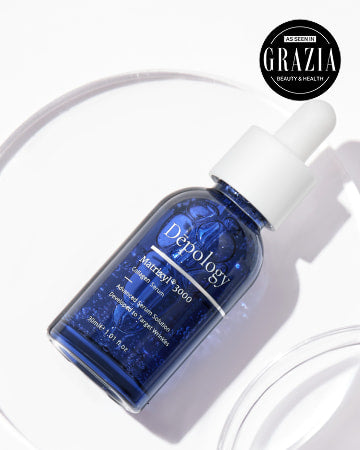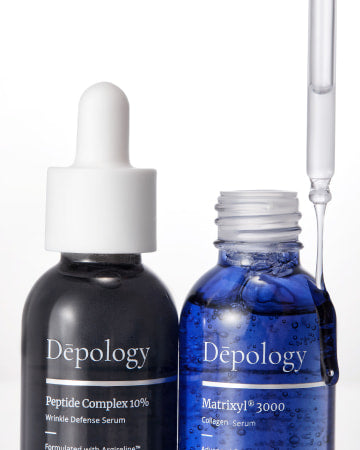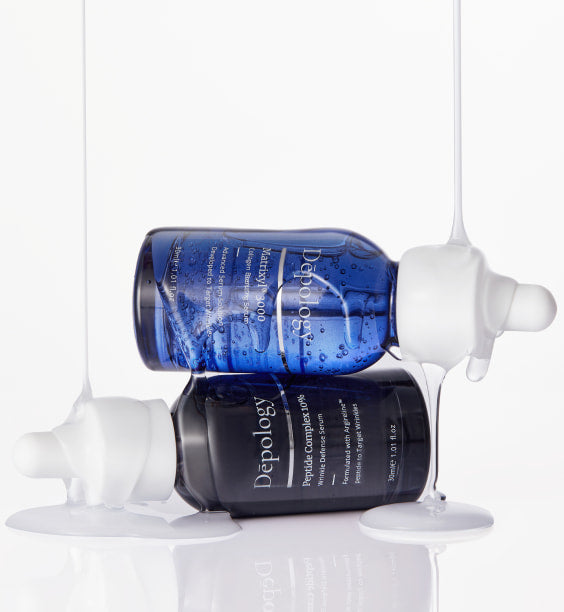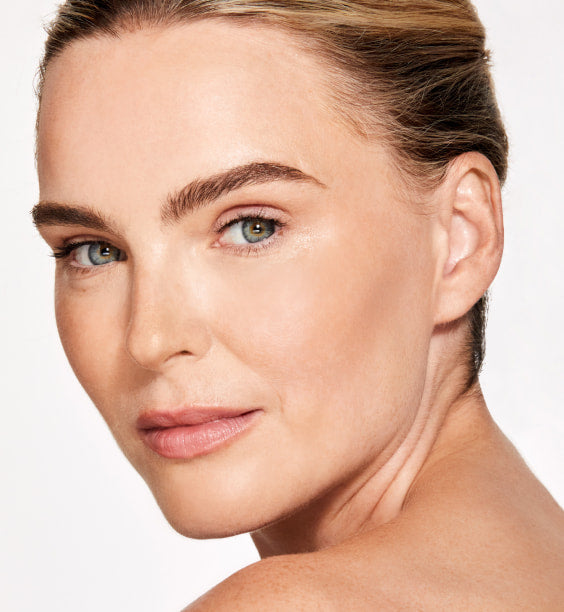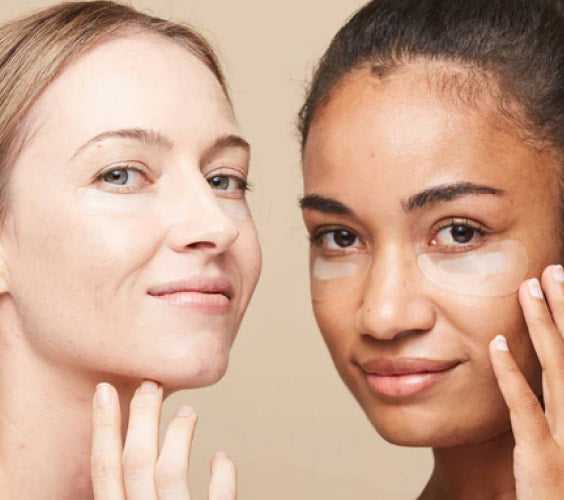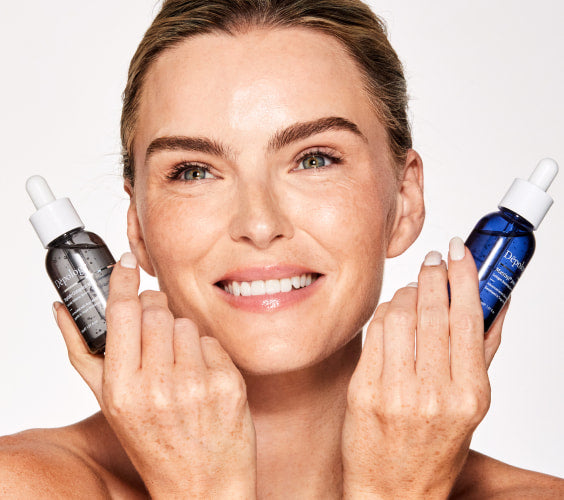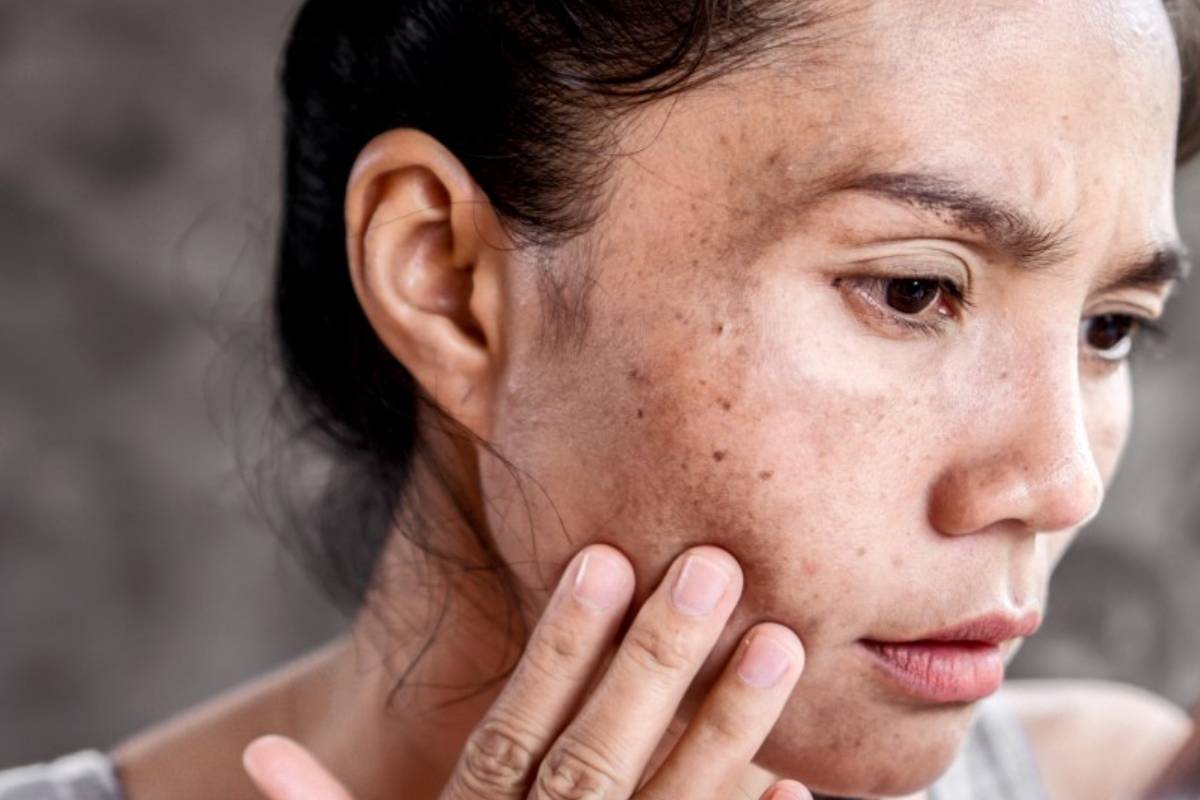

Read more

Can You Use Bakuchiol With Retinol? - Pairings, Guides, FAQs
Bakuchiol doesn’t just talk the talk; it walks the walk. It’s a multitasker, addressing a spectrum of skin concerns. From smoothing out fine lines to enhancing skin’s elasticity, and balancing skin...
Read more
Can I Use Retinol With Niacinamide? | Retinol Pairing Guides
Remember, retinol is like a good friend – powerful and supportive, but needs to be introduced properly into your circle (aka your skincare routine). Whether it’s holding hands with hydrating hyalur...
Read more

